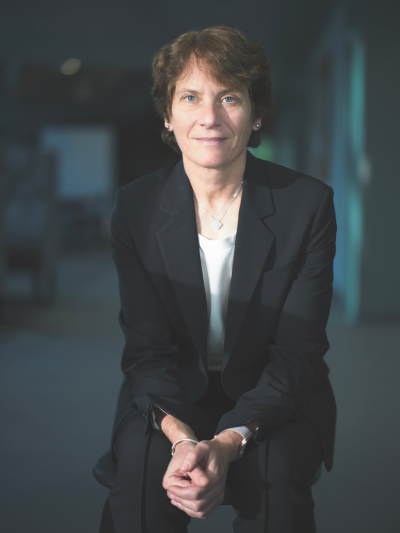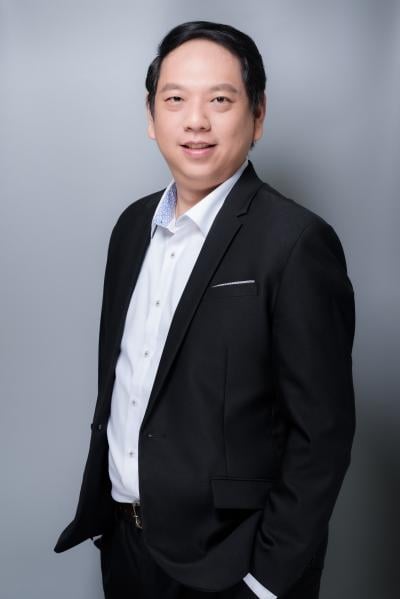Acepodia has snagged Nobel laureate Carolyn Bertozzi, Ph.D., to serve as chief scientific adviser as the biotech works to transform the cell therapy space for patients with solid tumors and hematologic cancers.
“I think what Acepodia is doing is going to transform the landscape of cell therapy,” Bertozzi told Fierce Biotech in an interview.

The biotech's platform is based on science spun out from Bertozzi’s own lab at University of California, Berkeley, where the company's CEO Sonny Hsiao, Ph.D., was a former student. Hsiao co-founded Acepodia and wears several hats as the company’s leader, chief scientific officer and president.
Bertozzi, a chemistry professor at Stanford University and investigator with the Howard Hughes Medical Institute, will lead the biotech’s scientific advisory board and support the company’s approach to transforming cell therapy development in cancer care.
This method includes the introduction of antibody-cell conjugation (ACC) to develop allogeneic gamma delta T-cell therapies. The AAC platform is based on "click chemistry" applied to live cells—work that won Bertozzi a Nobel Prize in chemistry in 2022.
The science uses bioorthogonal reactions, which occur inside living organisms without disrupting normal cell functions. Bertozzi advanced these chemical reactions to more efficiently explore cells, track biological processes and improve disease targeting in cancer.
“I hope that I can be a sounding board to the scientists at Acepodia,” Bertozzi said. “My role is really the role of the expert in the chemistry part of the technology. My lab continues to develop new technologies for cell surface engineering using bioorthogonal chemistries.”
The technology uses the live-cell compatible chemistry to link any tumor-targeting antibody to immune cells to create new therapies with increased binding strength against tumors that express low levels of tumor antigens.

“Sonny was really the first person—way back during his Ph.D. years—that figured out how to engineer cell surfaces to display new kinds of molecules that would change the way that they interact with other cells around them,” Bertozzi explained. “That was the very early kernel of the technology of Acepodia.”
The off-the-shelf approach holds the potential to boost the potency of immune cells and engage cancers by unlocking multiple receptor signaling pathways, offering the possibility of overcoming challenges that have previously prevented cell therapies from effectively targeting solid tumors.
The tech allows the option to “mix and match” immune cells and antibodies to generate different specificities with different immune cell functionalities, Bertozzi explained, an approach that “solves many of the problems that have really played to the scalability of cell therapies.”
In June, Acepodia raised a $100 million series D to support its vision to bring effective and affordable cell therapies to a broad population of patients with solid tumors and hematologic cancers. The biotech currently hosts four programs, including an off-the-shelf gamma delta T-cell therapy called ACE1831 for patients with non-Hodgkin lymphoma and ACE2016 for EGFR-expressing solid tumors.
A phase 1 study to measure the maximum tolerated dose of ACE1831 in up to 42 U.S. patients began this summer. So far, the first patient dosed hasn’t shown any signs of serious side effects that are often tied to allogeneic cell therapy treatment, like graft-versus-host disease or cytokine release syndrome, Hsiao told Fierce.
ACE2016, meanwhile, is still in preclinical development. Acepodia is meeting with the FDA in October with plans to file an IND sometime next year, the CEO explained.
The biotech, which is based in both California and Taiwan, also just debuted on the latter’s stock exchange in the beginning of August. Hsiao said the company chose to go public in Taiwan instead of the U.S. given the current investment environment—with only a handful of biotech IPOs listing in America so far this year.